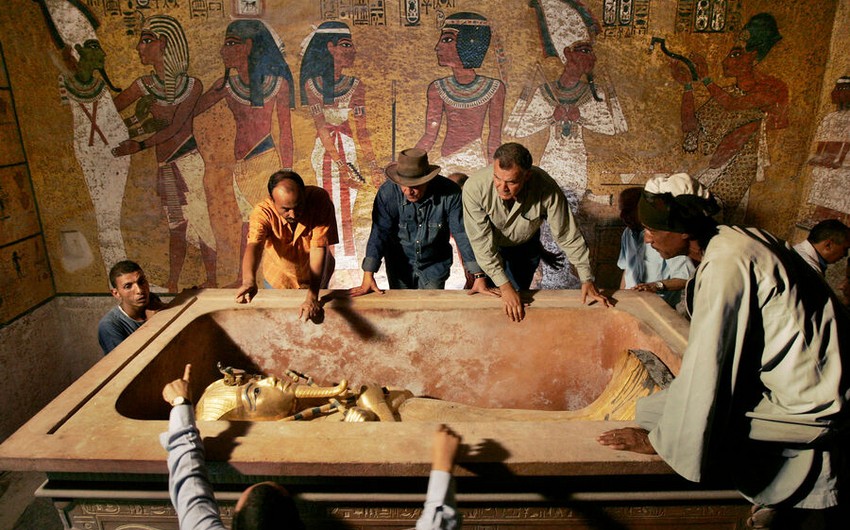Some British museums have taken the decision to stop using the word "mummy", instead starting to use the terms "mummified person" and "mummified remains", Report informs referring to Daily Mail.
They say the term is dehumanising to those who died and – of course – an unwelcome throwback to Britain's colonial past.
The phrase now deemed politically acceptable is 'mummified person' or 'mummified remains'.
The British Museum says it uses the latter phrase to emphasise to visitors that they are looking at people who once lived, while the Great North Museum: Hancock in Newcastle says that it has adopted the new terms for its mummified woman Irtyru, who dates from around 600BC, to acknowledge the history of colonial exploitation and to give her the respect she deserves.
'The word "mummy" is not incorrect, but it is dehumanising, whereas using the term "mummified person" encourages our visitors to think of the individual.'
Museums are also concerned the word has become linked to terrifying monsters, thanks to countless horror B-movies such as 1932's The Mummy.
The word mummy has been used in English since at least 1615, but some say it has a colonial past as it derived from the Arabic word 'mummiya', meaning 'bitumen', which was used as an embalming substance.
Many mummies found their way to Britain in imperial times, especially during the Victorian age, where there was a trend for unwrapping them.


 https://static.report.az/photo/4b6ad572-6ade-31c8-9810-8a20af898835.jpg
https://static.report.az/photo/4b6ad572-6ade-31c8-9810-8a20af898835.jpg

